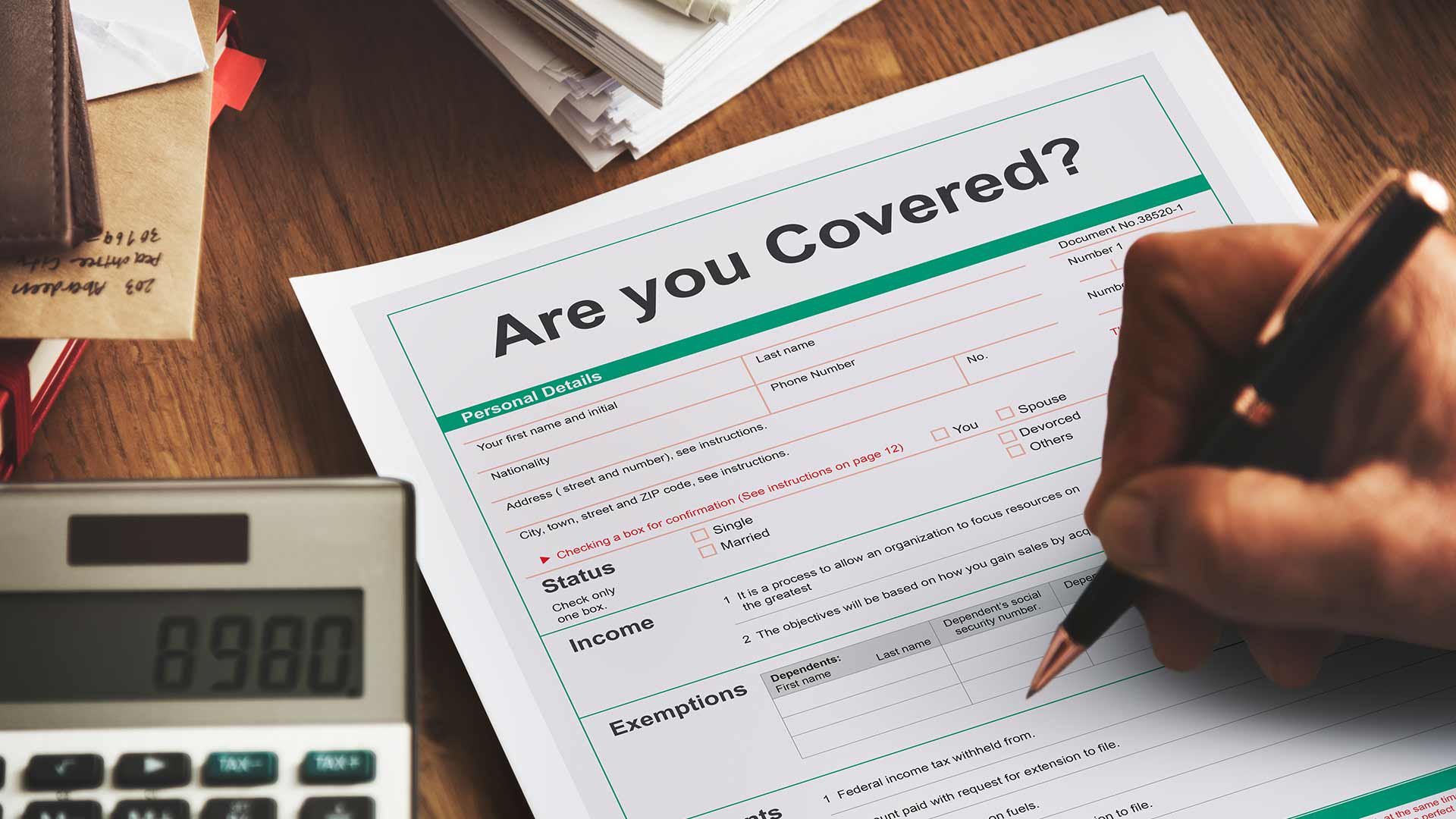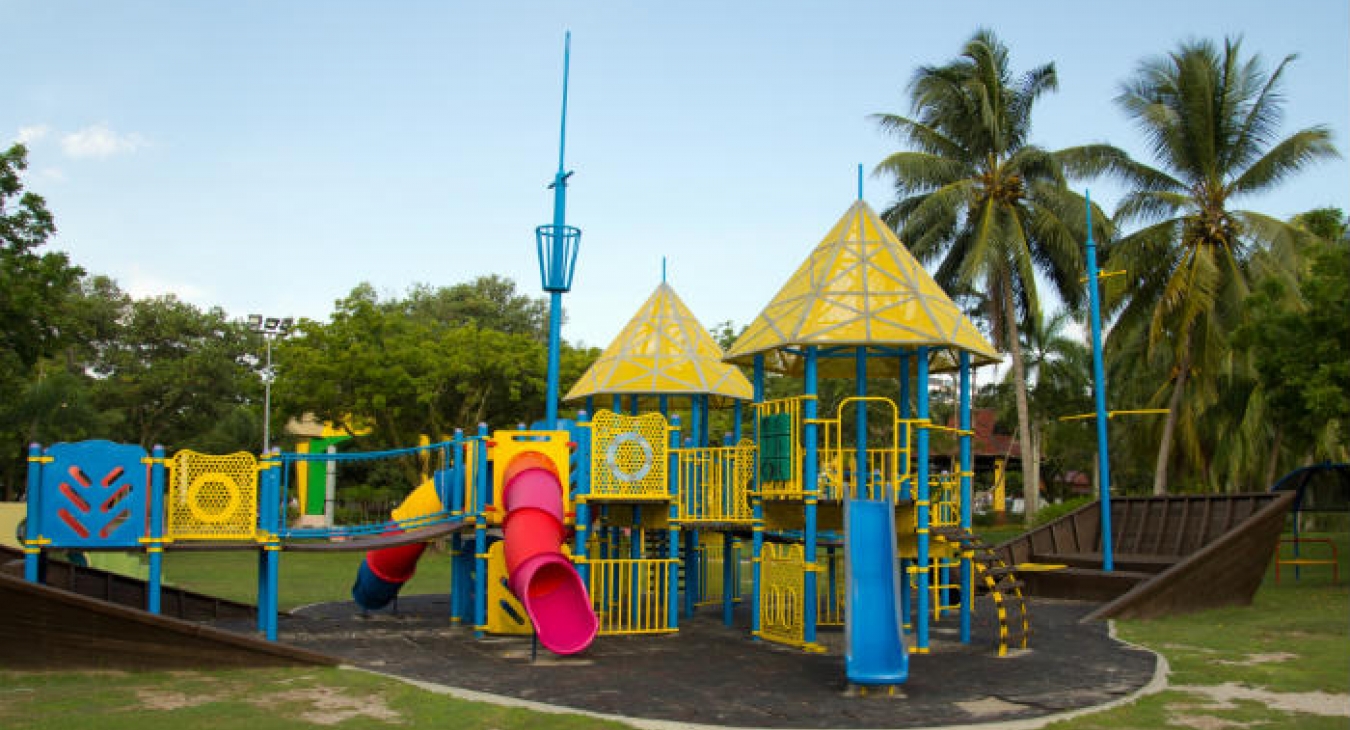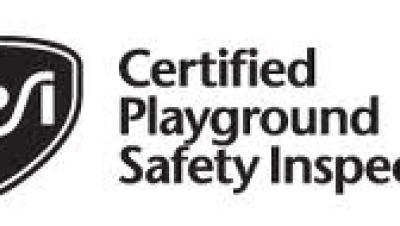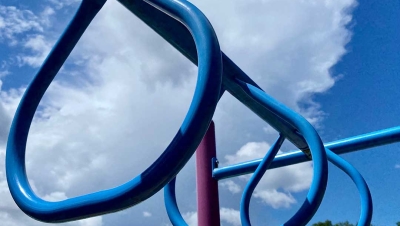Congratulations on becoming a CPSI. This was no easy task. (See hints for taking the CPSI Exam if you are planning on becoming a CPSI) This article is primarily for those who are interested in going into business for themselves as playground inspectors. For those who work for an employer, whether public or private, you will be covered under your employer’s policy.
However, if you “moonlight” on the side, you need to pay attention, too.
There are four types of insurance you are going to need or consider: Professional Liability, General Liability, Worker’s Compensation, and Auto Liability.
Professional liability
Designed to cover financial losses incurred as a result of your mistake or error. As an inspector, you are not building or manufacturing a product, you are providing a service, needless to say, a professional service. Some hazards or conditions are easily identified as, without question, a hazard or a non-compliant condition. What about those situations that aren’t so clear-cut? We are taught to use our professional judgment. If your client incurs a loss and it is determined that you missed that particular hazard somehow, your professional liability policy will respond.
General liability
Designed to cover your business from a bodily injury, property damage, personal injury or advertising injury claim. So, if you have an office and invite clients there for meetings and they slip and fall on the premises, general liability insurance will provide coverage for this type of incident. Professional liability insurance would not respond to this type of claim.
The following are some of the characteristics and differences between Professional Liability (PL) and General Liability (GL) insurance:
- GL is triggered by bodily injury or property damage.
- PL is triggered by bodily injury, property damage, or economic (consequential) damages.
- GL is typically written on an “occurrence” basis.
- PL is written on a “claims made” basis.
If you switch insurance companies at the end of the policy and later a claim is made from that prior insurance policy, there is no coverage with a claims-made policy. There would be with an occurrence policy.
- GL covers damages arising out of an organization’s daily operations, excluding professional services.
- PL covers damages arising out of an organization’s professional services.
- GL limits are not eroded by defense costs. Defense costs are unlimited and are outside the limits of liability.
- PL limits are, typically, eroded by defense costs. The liability limit includes both defense and indemnity payments.
- GL allows Additional Insureds.
- PL does not allow Additional Insureds.
- GL may be scheduled under an Umbrella (Excess) Liability Policy.
- PL cannot be scheduled under an Umbrella (Excess) Liability Policy.
Workers’ compensation insurance
Provides coverage for an employee who has suffered an injury or illness resulting from job-related duties. Coverage includes medical and rehabilitation costs and lost wages for employees injured on the job. Worker’s compensation is sold just like other insurance policies except if you live in a monopolistic state like Ohio, Washington, North Dakota, and Wyoming. Monopolistic states require that worker’s compensation coverage be provided exclusively by the state’s designated worker's compensation program.
Auto liability insurance
Provides liability insurance for the operation of a motor vehicle. There are two types of auto insurance: personal auto and commercial auto. If you have a company and the company owns a vehicle (it is titled in the company’s name), you must purchase a commercial auto policy.
The two main types of commercial car insurance are liability insurance and physical damage coverage. If an accident is your fault and damage is caused to another vehicle, another person’s property, or bodily injury is caused to another person, liability insurance will cover the damages. Physical damage coverage will cover collision and theft of a company vehicle when driven for company purposes.
In addition to these two types of insurance, there is also the option to add uninsured motorist coverage, medical payments, roadside assistance, and other types of coverage. If you can afford it, I recommend purchasing uninsured motorist coverage and medical payments. I like having uninsured motorist coverage because it takes care of me if the person who caused the accident doesn’t have insurance.
If you drive your personal vehicle, be careful. I recommend discussing how you use your vehicle with your agent. Some personal auto insurance companies will offer a “business use” endorsement and provide coverage for that “use” of the vehicle. If this is a viable option, I might consider picking up a commercial auto policy that has hired and non-owned coverage
Don’t be afraid to shop around and ask questions. Insurance companies are rated on their financial stability. I recommend asking your agent what the AM Best rating is for the carrier(s) that they are proposing to you for your insurance. AM Best is one of the most widely recognized credit rating companies in the insurance industry.
The information provided in this post is general information. You should always consult with your insurance agent to confirm or purchase insurance coverage.






Moonlighting
I am currently a work at a County Park and I am also the CPSI there as well. I am covered under their insurance. I was asked to perform an inspection at a school district. My only concern is liability. I asked the school to include me under their insurance in the case a lawsuit was to happen that a child was hurt on the playground. What kind of coverage should I ask them for and for how much?
Inspection App
Any recommendations on inspection apps?
Insurance company recommended?
Playground Guardian
We are sponsored by Playground Guardian and highly recommend their inspection app. Ask them about insurance impications.
In reply to Inspection App by Morgan Abrigo (not verified)
Classification
Do you know what NCCI Classification code CPSI's are classified as?
Classification - NCCI codes
Katy,
That will more than likely be directed by your respective state. You may want to try insurancexdate.com and see if you can find something there? (Goto the "Tools" menu and select class codes - search all states or just yours)
In reply to Classification by Katy Payne (not verified)
Add new comment